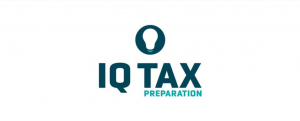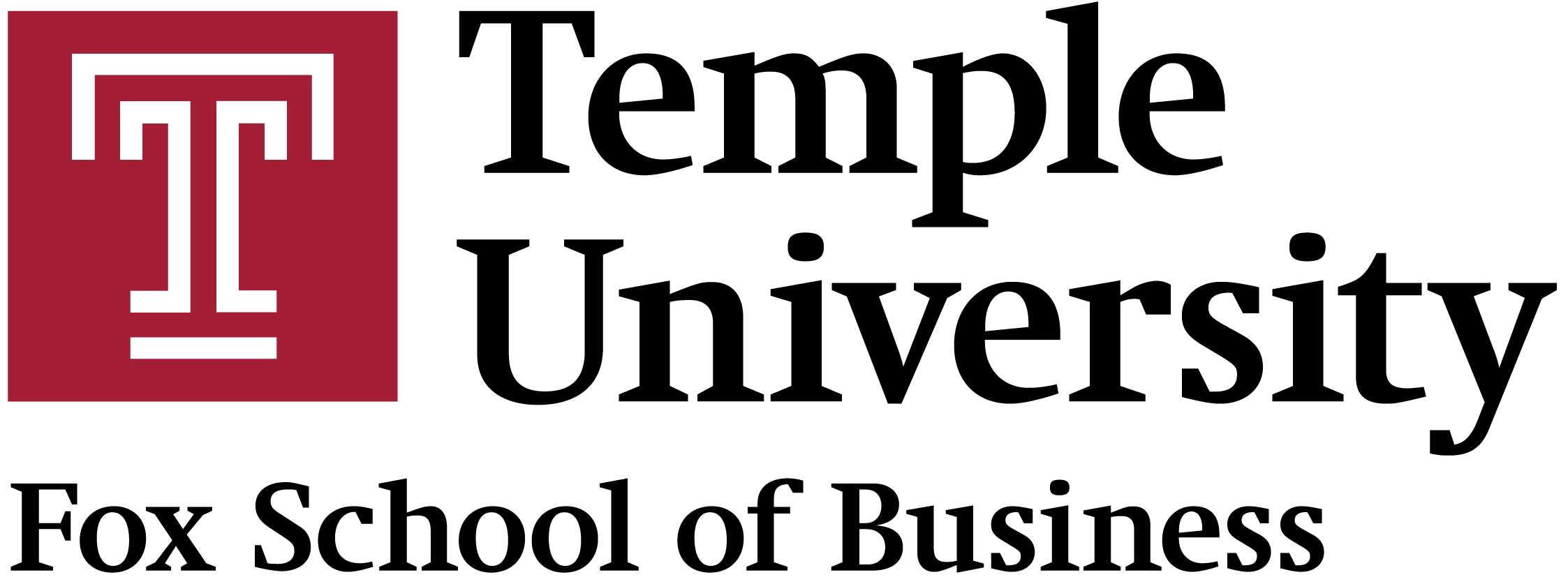Operations/IT Intern

- Research and develop a strategy to incorporate different uses of technology to better improve operations and efficiency for a startup tax office. Some tasks I was given include: researching the potential uses for Microsoft Flow, optimizing Outlook Calendar to manage and schedule contractors to specific workstations, creating Swim-lanes and work flows to better understand business process, and optimizing company computers.
- A. Create client intake forms to help tax-preparers easily input data (these forms include Affidavits, Expense Calendars, Personal Information, and other required information for preparing tax returns). B. Research and develop a strategy for required hardware in office (was asked to find capable computers at a low cost, along with choosing required printers, monitors, and other required pieces of tech. I went with a lot sale for HP 7700 PCs.) C. Research and develop a strategy for required software in office (was asked to research feasible uses for Microsoft Office and other possible pieces of software that could improve process. When it comes to Microsoft Office, I was able to implement Outlook Calendar for scheduling purposes, Microsoft Flow, and OneDrive. As well, Adobe Acrobat to create online fillable forms and convert them into HTML for website use and Square Appointments, which will be used once more services are offered by IQTax LLC. D. Microsoft Flow in itself was a project because of the unlimited amount of use cases. For IQTax LLC, a few flows were created. These include creating automatic responses to clients, automating approvals and calendar input for contractor days off/vacations, configuring flow to scan paper documents (creating copies of forms along with separate information sheets for highlighted data) and using Flow to allow multiple calendars to communicate (Outlook Calendar and Google Calendar). E. Optimizing company computers. This includes increasing speed (adjusting visual characteristics, disk defrag, clearing cache and other clutter, adjusting power settings, deleting many non-essential applications) and setting up proxies/admin controls to simplify and secure computers.
- While I have only taken MIS 2101 so far, I feel I have been able to bring my understanding of certain concepts to a much more tactical level. Take for example, creating swim-lanes to understand very basic, high-level business processes. During my time at IQTax, I was asked to not only develop these high-level diagrams, but also explore them deeper and better understand how they can be automated/improved. Take for example, the process for a contractor to submit a schedule change or time off. Before, the process and diagram included multiple people and applications. One would have to first receive the email, then go into Outlook and check the schedule. If clear, the user would then have to manually input the dates of this change, and then email the contractor back to confirm their approval. If it was not confirmed, this entire process would have to be repeated. Microsoft Flow proved to be the application that could change this, basically automating most of the process. Still, the high-level diagram was needed, but I was required to see how that diagram compared to the real life process. Then, I had to look even more low-level to actually create the flow. I now feel I better understand the use of a swim-lane along with process of going deeper into the scope of what it takes to go from start to finish. Also, I learned how cloud computing can benefit businesses greatly. Luckily, the software used for filing taxes at IQTax was optimized for the cloud. This allowed us to easily download it on every computer and manage all information from one system. All that one system needs is the admin information and they have access to all the data being sent from each pc. Don’t worry, we used multi factor authentication to secure client data and personal information. When doing this process, I constantly thought about the advantages of an ERP system and how IQTax’s system for data management resembled a very simplified ERP. All data goes to one database, which stores multiple forms of information and is available on all computers at IQTax, granted you have the required login information. I was also shown the advantages of cloud computing firsthand by using Onedrive for all PCs. This allowed us to easily share and store all documents we needed. It also allowed the contractors, using company computers, to also share documents and forms. The owner of IQTax lives 2 hours away from this office in Philadelphia. He also plans on opening an office in Miami, Florida, and is able to manage and conduct business because of cloud computing. I not only learned how the cloud benefits a real business owner, but also how it can be used to centralize data and be able to store it on basically any PC that has internet access. Finally, I learned much more about the uses for Microsoft office and its available applications. Particularly, Microsoft Flow. It seems Flow’s potentials are very exciting to any MIS student. It allows one to incorporate automation, help store/analyze data, and improve overall efficiency. I learned what it takes to create these flows and how to manage the fine line between trying to do to much with flow and not doing enough. With the connections and available cross-platform applications improving all the time on Flow, the possibilities of what you can automate increase daily. Many similarities, when creating automatic responses and the like, could be seen between the Salesforce projects in MIS2101 and what I was asked to do in Microsoft Flow. While the Salesforce projects showed me the ropes on how this could be done, this internship required I think in terms of business and “real” life. I was no longer following directions and ending up with a result. I was forced to research and learn how Flow works, then required to create actual responses that would become what IQTax would use. I was pressured, not only because I didn’t want the flow to fail, but also because I had never created something like this from the ground up. However, when I began to actually create using Microsoft Flow, I began to see the similarities of information and how everything could come together. Because of the Salesforce projects, I understood more of what was going on behind the scenes, which helped a lot when it came time to tailor these flows to specific IQTax business applications. I feel this is best technical skill I learned from this internship and can easily see how it could be incorporated in future projects.

